Certifications and audits that perform well in relevant social areas
The beverage may hold either a product-specific certification or an organization-specific certification or audit. The relevant social areas are based on our Code of Conduct and include freedom of association, collective bargaining, non-discrimination, workplace health and safety, and the prevention of forced labor and unethical recruitment practices.
The selection of well performing certifications and audits is based on an annual review and comparative study conducted by independent consultants (Intertek) on behalf of the Nordic Alcohol Retail Monopolies (Systembolaget, Vinmonopolet, Alko, Vínbúðin, and Rúsdrekkasøla).
There are two ways to meet the social responsibility criterion:
- The product holds a certification that is specific to the product and covers workers in cultivation and production. Information about the certification must be clearly visible on the packaging.
- Each entity (producer and grower) in the product's supply chain can demonstrate social responsibility. This can be done either through a joint audit of the producer and grower or through individual certifications or audits for both parties.
Product certifications that meet the criterion for social responsibility in cultivation and production.
Product certifications that cover the social sustainability indicators throughout the entire supply chain |
|
|---|---|
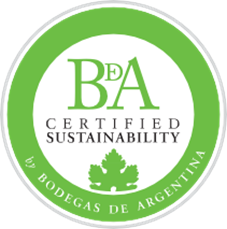 |
Bodegas de Argentina |
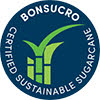 |
Bonsucro |
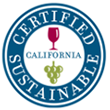 |
Certified California Sustainable Vineyard and Winery (CCSVW) |
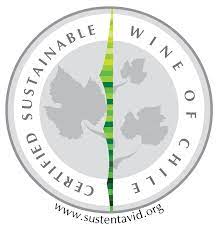 |
Certified Sustainable Wine of Chile |
 |
EcoStep-Wein |
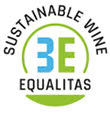 |
Equalitas Sustainable Wine |
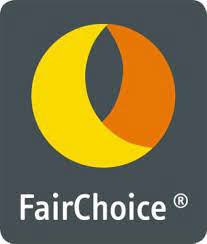 |
Fair Choice Germany |
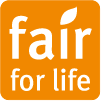 |
Fair for Life |
 |
Fairtrade – Standard for Hired Labour |
 |
For life |
 |
KRAV |
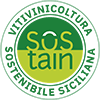 |
SOSTAIN-Sustainability in Sicilian Viticulture |
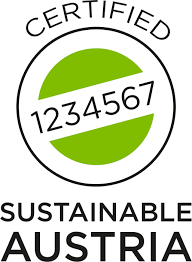 |
Sustainable Austria |
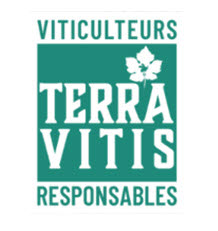 |
Terra Vitis |
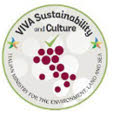 |
V.I.V.A "Sustainability and Culture"- Sustainable Wine |
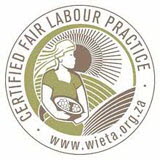 |
WIETA Certified Fair Labour Practice |